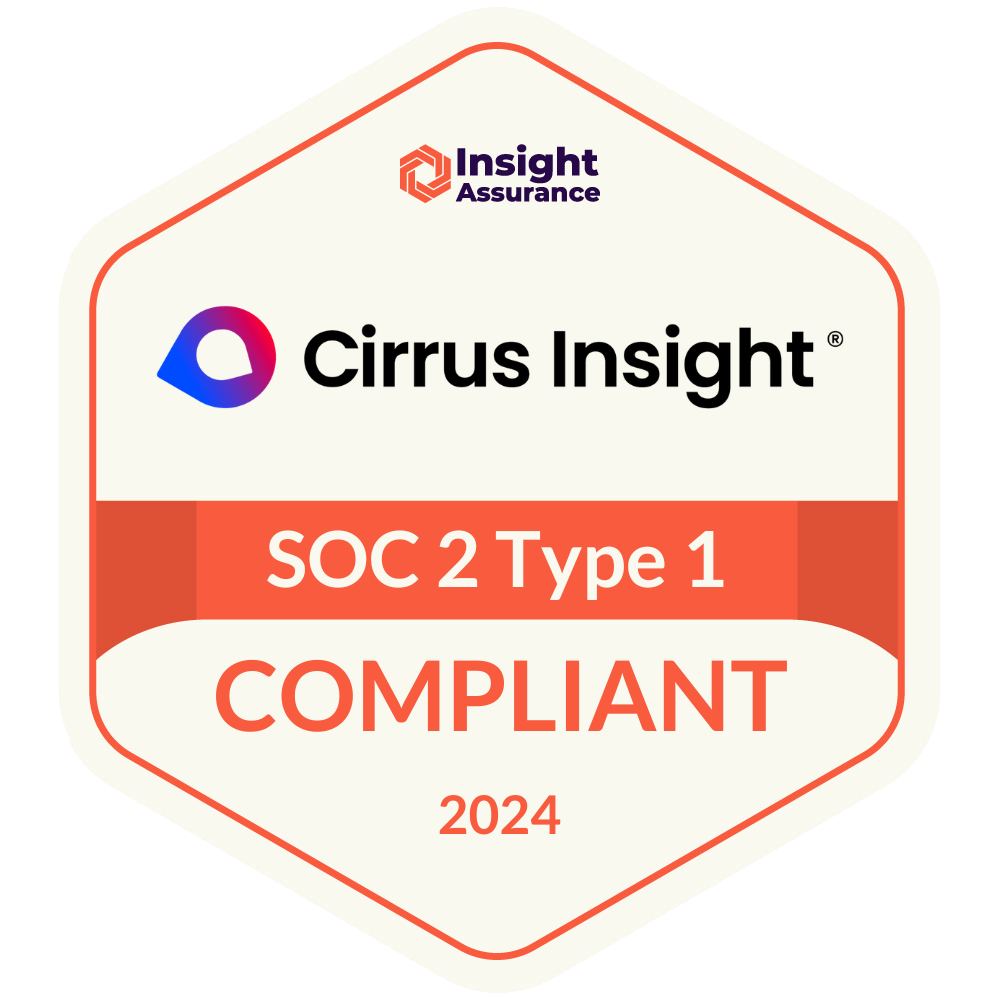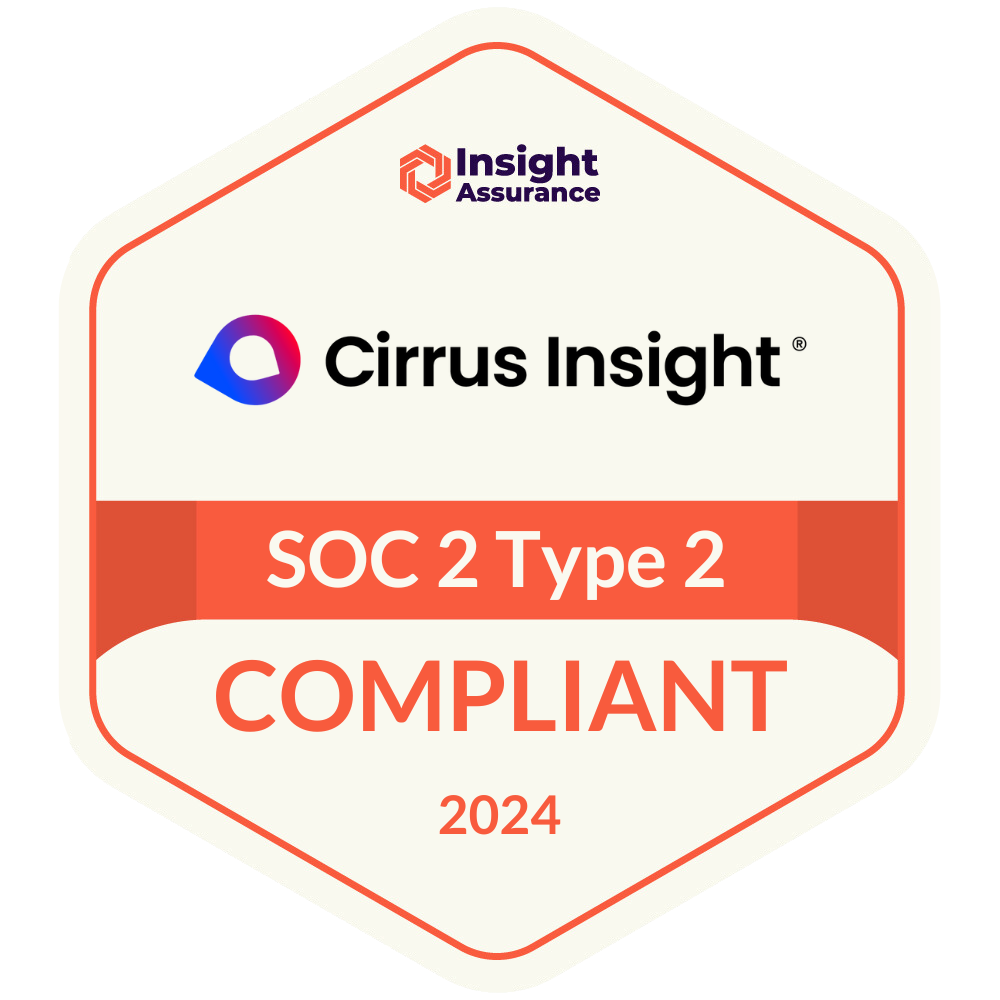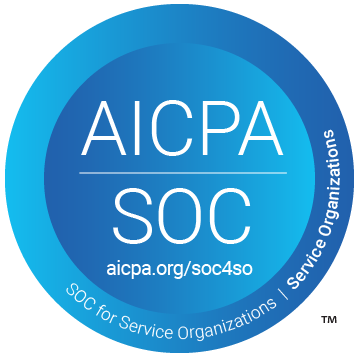- Solutions
-
Products
-
Resources
Sales Automation Tools | Cirrus Insight by Kristi Campbell View all Blog Posts >Get the App, Get the Sidebar, & Get Your Trial Going HereUnleash limitless growth opportunities by partnering with Cirrus Insight.
- Pricing
Filter By:
- All topics
- Sales Productivity
- Sales Intelligence
- Salesforce
- Sales Strategy
- Sales Prospecting
- Book More Meetings
- Best of
- Company News
- Product
- Sales Leadership
- CRM Admininstration
- Sales Metrics
- Supercharge Sales Activity
- Team Scheduling
- Admin
- serious insights
- Prospect Smarter
- Sales Activity Data
- Sales Forecasting
- Scheduling Solutions
- Prospect Faster
- Auto-Sync Everything To Your CRM
- Chrome
- Comparison
- Financial Services
- For Admins
- Getting Started
- IT & Security
- outlook
Subscribe to our Blog for the Latest Insights
Join our blog community to stay informed and receive fresh content and actionable tips directly in your inbox.
What is Area Code Spoofing?

Area code spoofing is a two-way street. Businesses and individuals can both spoof and be spoofed. Despite the negative connotation, spoof calls are not all bad.
Let’s look at the underbelly, the upside, and the implications with both.
What is Area Code Spoofing?
Area code spoofing is when a caller uses false caller ID information in order to disguise their identity – typically for the purpose of fraudulent activity. Generally, callers will match the recipient's area code, as people are more likely to pick up calls from familiar phone numbers.
It’s a familiar story. We’ve all been on the receiving end when our phone rings and an unknown number pops up.
But wait, it’s not entirely unknown because it leads with our own familiar area code. We pause. Maybe we should answer?
Perhaps it’s someone we know, or an exciting possibility from our hometown. Intrigued, we answer the call only to be met with a pitch or a scam delivered via automated message or pushy salesperson.
Most people are savvy enough or fed up enough to not answer calls from unknown numbers, especially those with distant area codes and no point of connection.
This poses a problem for marketing companies (and scammers!) looking to make contact.
They needed to figure out how to spoof a phone number.

The End of an Era
Area codes are a thing of the past, a relic that once identified the origin of a call.
These three-digit codes used to correlate with a physical location but now are simply the leading prefix of 10-digit phone numbers. While this is common knowledge to those in the industry, the general public still thinks that area codes pertain to...well...an area.
While it is unlikely that someone will answer a call from a strange area code, they are enticed to answer a call from their own. Unlike unknown numbers, with a familiar 3-digit prefix there is a connection and a heightened possibility of picking up.
Telemarketers and scammers play on this belief to make spoof calls, but businesses and individuals can also learn how to disguise phone numbers in order to maintain privacy or target marketing specifically.
How it Works
Learning how to make your phone number appear different can be done in a number of ways.
With outbound calls, the most popular method is through VoIP (Voice-over-Internet-Protocol). This technology can send voice calls over the internet, rather than through a phone line or cell tower.
VoIP providers allow users to configure display numbers that are different from their actual numbers. When they make calls, the desired number, rather than the real number, is displayed.
Spoof calls can also be made through service providers with a PIN. Users call the service number, enter the PIN, input the contact number, and finally select the number they want displayed as their caller ID.
Although the technology differs, the end result is the same.

Beyond Spoof Calling
In addition to disguising numbers for phone calls, caller ID spoofing can also be used for texting services. Businesses (legitimate and scammers) are using this service in similar ways to spoof calls, reaching a desired audience with a familiar or legitimate-looking phone number.
Legal Implications
Spoof calls are inherently deceptive. Whether used for legitimate purposes or more nefarious dealings, they can walk a thin legal line.
So, is caller ID spoofing actually legal?
In the United States, FCC rules forbid individuals or businesses from utilizing misleading or inaccurate caller ID information if the intent is to “defraud, cause harm, or wrongly obtain anything of value.”
If your intentions are good and your business is legitimate, then spoof away.
Caller ID spoofing can benefit businesses in a variety of ways. From protecting privacy, to appearing more local than they really are, spoof calls use new technology to present enticing opportunities.





